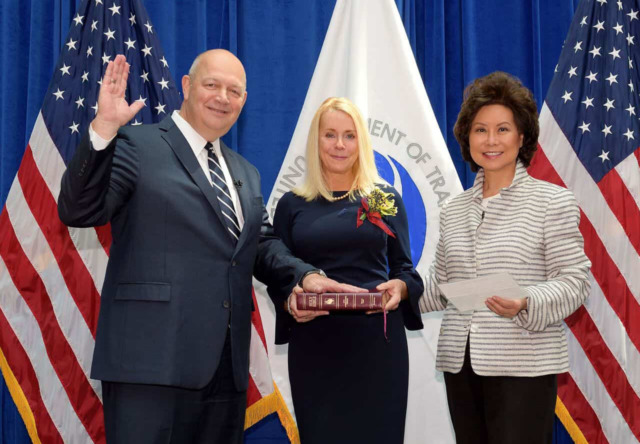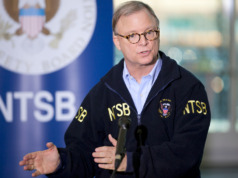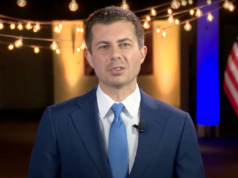
Like so many segments of the U.S. economy, the uncertainties facing the aviation industry are daunting as 2021 beckons from just around the corner. The large scheduled airlines are operating only about 40% of their pre-pandemic flight schedules, and are bleeding billions of dollars in losses per month. The careers of thousands of well-paid airline pilots, mechanics, and flight attendants have veered off the runway.
Following a woeful, scary spring, when demand for travel on business jets and turboprops plunged, air charter, fractional owners, and Jet Card users have returned to the market. Some operators say flight activity has stabilized at about 80% of pre-pandemic levels.
But not all have enjoyed the same success. Demand for travel on light and medium jets has been significantly stronger than for flights on larger, longer-range jets, not surprising given the myriad of international travel restrictions worldwide. Sales of new aircraft are down significantly and layoffs have affected tens of thousands of workers at OEMs and their supply chain partners.
It is clear a return to some approximation of “before times” prosperity is dependent upon the availability of a safe, proven CV-19 vaccine, and its widespread deployment throughout the population.
While everyone waits for that silver bullet to arrive, there is some positive news for the aviation industry. No matter how the election turns out, the person who has been leading FAA for the past 14 months will continue to do so.
Big turnover in top government positions is inevitable in the wake of a presidential election. But the FAA Administrator slot is not up for grabs in January.
That is because Congress in its wisdom… (No, really!) enacted special legislation 25 years ago. Starting in the early 1980s, for a variety of reasons, the men nominated and confirmed as FAA Administrator were not staying in that post very long. By the early 1990s the six most recent appointees had averaged only about two years apiece in the job – including one who lasted just six months.
The aviation industry and Congress agreed such rapid turnover at the top was unacceptable for an agency with critical and complex 24/7/365 responsibilities. So in 1996 Congress adopted legislation providing a fixed, five-year term for the FAA Administrator.
When Michael Huerta’s five-year term at the helm concluded on January 6, 2018, the Trump White House did not nominate a replacement; Deputy Administrator Daniel Elwell was named acting Administrator.
Elwell stayed in charge for 19 months. It wasn’t until March 19, 2019 – nine days after the second fatal crash of a Boeing 737 MAX airliner – that Trump signaled his intention to nominate former Air Force and Delta Airlines pilot and executive Stephen Dickson to head FAA. Because of partisan bickering in the Senate, Dickson was not confirmed and sworn in until mid-August of 2019 (See “Time for a New FAA Leader,” BAA, July/August 2019).
Since coming aboard, Dickson has proved to be a steadying influence at FAA. He’s restructured and strengthened the rigor of FAA’s aircraft certification processes. FAA engineers and pilots have scrutinized and flight-tested the modifications necessary to eliminate the pitch-down control problems in the 737 MAX that led to two fatal crashes and the loss of 346 lives.
Working with other international certificating agencies, including the European Union Aviation Safety Agency (EASA), FAA is expected to clear modified 737 MAX aircraft to return to service late this year.
Dickson’s continuation in office is a huge plus for everyone in the industry. He’s kept FAA functioning smoothly despite CV-19 outbreaks and restrictions. Several important rulemaking initiatives are moving forward. Dickson has regularly communicated and met with senior representatives of FAA’s multiple constituencies and he is up to speed on the many issues and concerns facing the aviation community. BAA
David Collogan has covered aviation in Washington, DC for more than four decades. This award-wining journalist is known as one of the most knowledgeable, balanced, wary, and trusted journalists in the aviation community.




